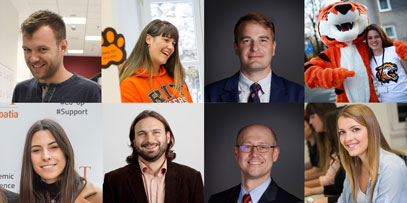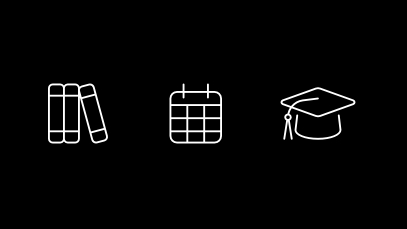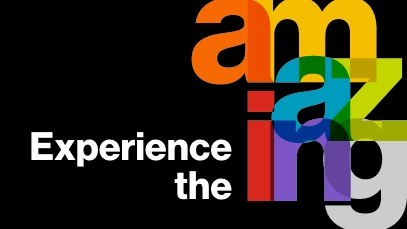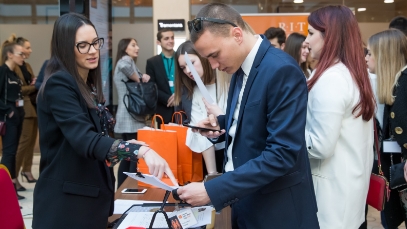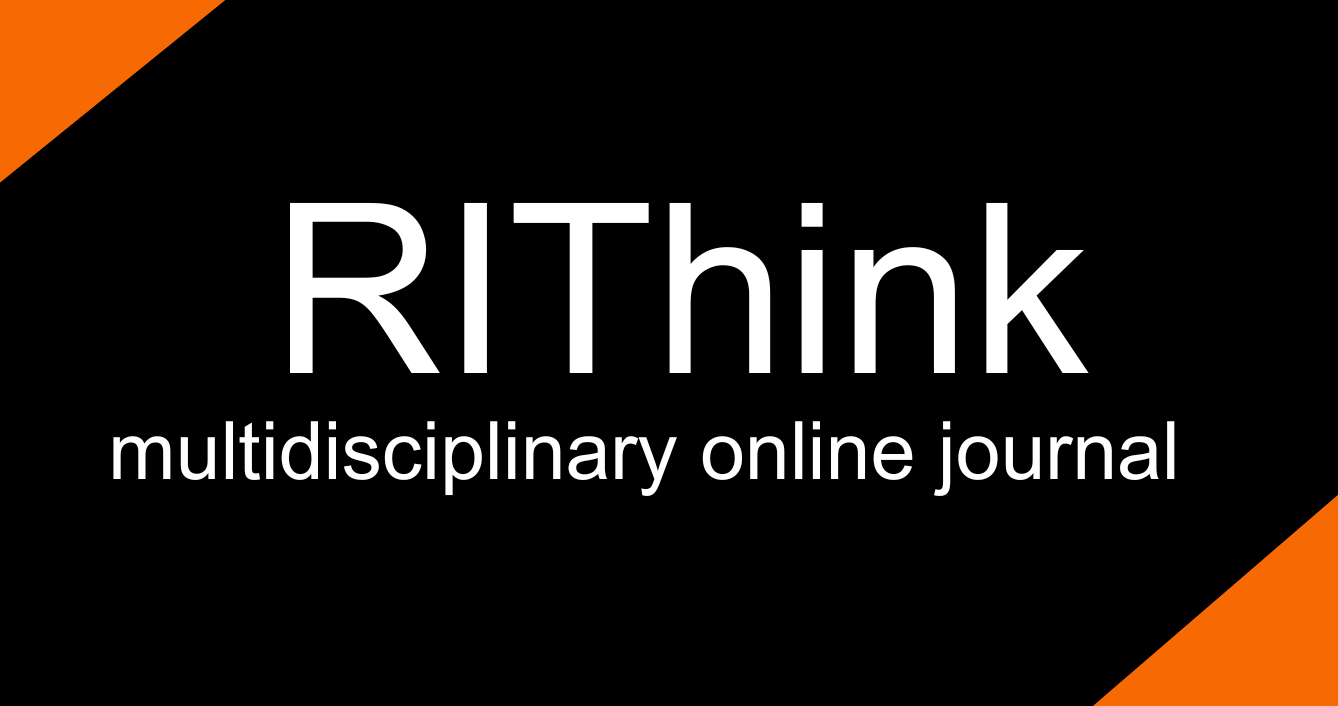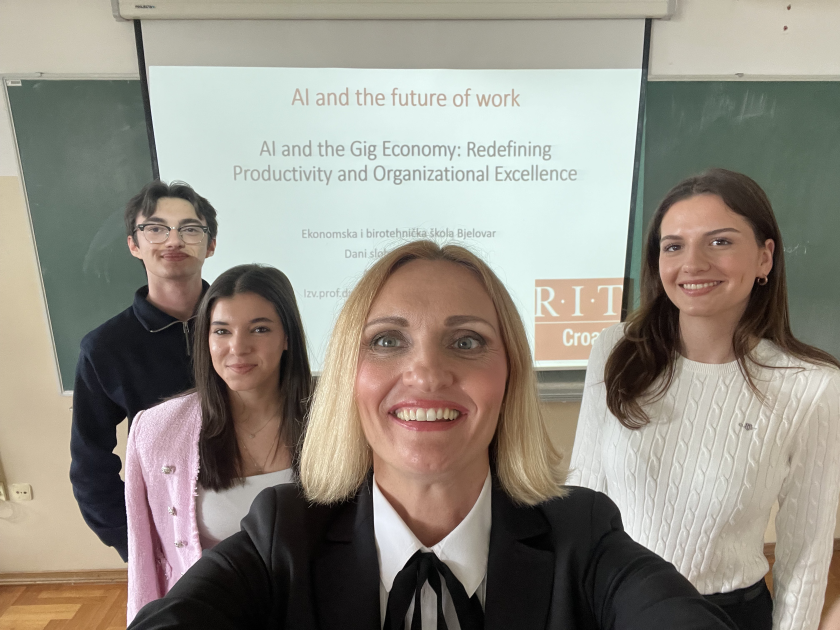From curious students to conference presenters: Karla Lea Čerkuć and Ana Matijević's AI journey
For Global Business Management students, Karla Lea Čerkuć and Ana Matijević, the decision to research AI and its impact on society came from curiosity, reflection, and a deep sense of responsibility for the future. Just as older generations experienced the dawn of computers, mobile phones, and social media, newer generations are experiencing the rise of AI in a similar, transformative way. Both students explored this topic through the RIT Croatia Honors Program. Karla Lea’s paper, “AI and the need for upskilling,” examined how artificial intelligence is reshaping the workforce and what skills will be essential in the future. Ana’s paper, “Productivity growth and economic output in the age of AI,” focused on the paradox of AI, its potential to increase productivity, but also its risk of encouraging passivity.
How AI sparked their curiosity
“Programs like the Honors Program provide a platform for students to stretch beyond the standard curriculum, to explore, lead, publish, and present,” said Dr. Jasminka Samardžija, who mentored both students through their research. For Karla Lea, that platform helped her turn a moment of unease into a meaningful project. Karla Lea views AI as her generation's defining innovation, something that will soon be an everyday part of life. Her curiosity deepened in Professor Scott Coleman’s class, where a video on AI’s darker implications left both her and the professor unsettled. “That’s when I realized no one really knows what will happen,” she said. Ana’s inspiration came from a different perspective on how people misuse AI. “People are using it to replace themselves and their brains, and they should be using it to develop their skills,” she said.
Bringing research beyond the classroom
Dr. Samardžija praised both students for approaching the topic with maturity and insight. “Karla’s exploration of AI and workforce upskilling demonstrated a rare sensitivity to both the technological and human dimensions of AI adoption,” she said. “Ana brought an economist’s precision and a futurist’s vision to the question of how AI is reshaping productivity and economic value.” They presented their work to a younger audience during Dani nastave at Ekonomska i birotehnička škola Bjelovar, adapting their language and style to make AI relevant and understandable to high school students. “The ability to communicate complex ideas in an engaging and accessible way is a true skill, and it speaks to their commitment to making knowledge inclusive and inspiring the next generation,” Dr. Samardžija adds.
If you are there, it means you belong there
Karla co-authored a paper and presented it at an international conference. While she found the writing process rewarding, presenting was more intimidating. The night before her session, she Googled the list of presenters and felt a wave of impostor syndrome. “I thought, maybe I shouldn’t be here,” she admitted. But when she arrived, the room was filled with students like herself. The experience helped her realize, “If you are there, it means you belong there.” Ana’s presentation at Dani nastave was equally meaningful. “It was a great experience, and I had fun,” she said. “I think the students understood the heaviness of the problem of wrong usage of AI.”
AI should enhance us, not replace us
For both students, the message is clear: AI should be used as a tool to support human intelligence, not substitute it. Dr. Samardžija couldn’t agree more. “Watching students like Karla and Ana step confidently into global academic spaces, sharing their research, engaging in dialogue with experts, and even chairing sessions is deeply rewarding,” she said. “Their success is a powerful example of what is possible when we invest in the next generation of thinkers and leaders.”

